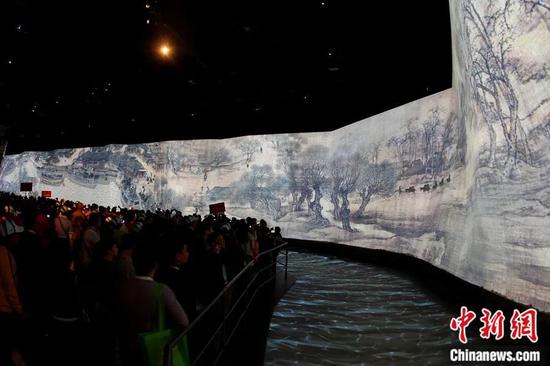
Visitors watched the animated version of ancient painting Along the River During the Qingming Festival at Expo 2010 Shanghai China. (Photo: China News Service/ Du Yang)
Liu Dong: Why does universal harmony necessarily come from the common rationality of human?
Reporter Zhang LiangwithChina News Service (CNS)
(CNS) -- The world today is undergoing profound changes unseen in a century, compounded by Covid-19—a once-in-a-century pandemic. The globalization is facing headwinds, nationalism in Western countries is on the rise, and the clash of civilizations is rampant. Where should the future of human civilization be headed? Can the ancient Eastern civilization be an“antidote” to today’s worldwide predicament? How should China reinvigorate traditional culture and make new strides by going back to tradition in exploring the origin of Chinese civilization? How can China help the world understand universal harmony and other important social ideals and world outlooks in traditional Chinese thoughts?
Liu Dong, Professor at the Institute for Advanced Study in Humanities and Social Sciences and Dean of Sino-West Academy of Zhejiang University, recently had an exclusive interview with W.E. Talk of China News Service(CNS).
Here are excerpts from the interview:
CNS: From the perspective of the fundamental nature of Chinese civilization, what do you think are the important ideas that have shaped China’s world outlook today?
Liu Dong: From the perspective of the common rationality of human, as early as in the distant AxialAge,Confucius said that “To know what it is that you know, and to know what it is that you do not know, that is understanding.” It means that, from the epistemological aspect, he wants to give a more credible life solution on the basis of never talking about “extraordinary things, feats of strength, disorder, and spiritual beings”, naturally implying that Confucianism is knowledge-based.
As a knowledge-based civilization, the greatest challenge of Chinese civilization lies in the fact that it has eloquently proved to other major civilizations in the world through its vigorous and long-term existence that:not considering the particular problem of path dependence, that is, the transition difficulty of other civilizations, a secular world without church is likely to stand alone, and even to become highly developed. Therefore, if today’s model Nordic countries are “societies without God” or “self-sufficient secular societies”, the Chinese civilization, which once reached the peak of perfection in the Song dynasty, might also be a model in the ancient society. In fact, the reason why American Sinologist Martin Powers recalled China’s enlightenment to the West in his book The East in the West: Politics and Vision in Preindustrial China and England is precisely that Voltaire, with his keen reference to Chinese facts, realized that by awakening their rationality, human beings could have moral integrity and then become happy even without religion.
For Confucius, our rationality and our outlook on life are not completely irrelevant as people once falsely believed, especially after the controversy between science and metaphysics, but rather closely linked and interconnected.
CNS: The traditional Chinese idea of universal harmony has exerted a profound influence on the Chinese. In your opinion, will there be an integration between China’s idea of universal harmony and Western civilization for new cultural achievements?
Liu Dong: With enthusiasm, Confucians in China have been consistently committed to universal harmony. In fact, it is not only in the Book of Rites·that the so-called golden age of the Xia, Shang and Zhou dynasties has been traced back in a special way, and a Pantisocracy where “ajust cause should be pursued for the common good” has been imagined. Even though they were forced to accept the “nation-state” framework under the violent impact of the modern West, Kang Youwei still secretly yearned for “universal peace” and “common good”in his book; Sun Yat-sen even hung the plaque of “the land under Heaven belongs to the people” on the street corner of every Chinese community. In addition, I was recently transferred back to Zhejiang University. When reading Ma Yifu’s Zhejiang UniversityAnthem, I couldn’t help but feel shocked that in the early days of the War of Resistance, he started the song with lines“The vast sea contains all streams, all rivers;Great learning connects Heaven and Earth.” and concluded with lines “To give up fractional views we’re of far sight and broad mind; To rejuvenate our great nation is to harmonize the whole world.” Such a generous and broad, inclusive and confident attitude can best reflect the consistent feelings of Confucians.
However, I have to be reminded that if you really want to pursue universal harmony, then from the perspective of common rationality, you should sort out and check your knowledge system as soon as possible, including the later schools named Confucianism. In fact, based on the principle of “To know what it is that you know, and to know what it is that you do not know, that is understanding,” the peaks of Confucianism after the pre-Qin period, although they had made historical contributions, were far behind Confucius in terms of rational awareness. If you fail to realize this difference and continue to follow the Neo-Confucianism in Song and Ming dynasties, then you are not preaching Confucius’ own theory, but just retelling a completely outdated metaphysics under the influence of Taoism, Buddhism or Christianity, which will make you be laughed at by the learned people abroad.












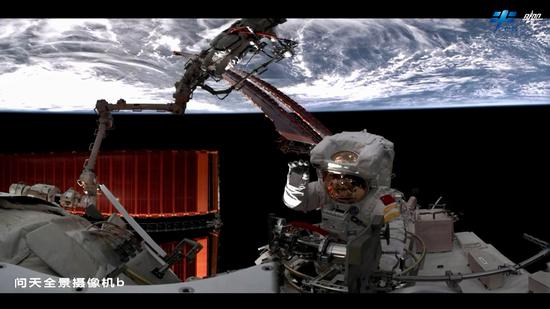

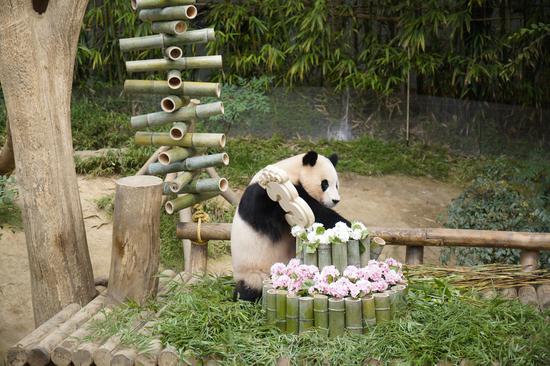
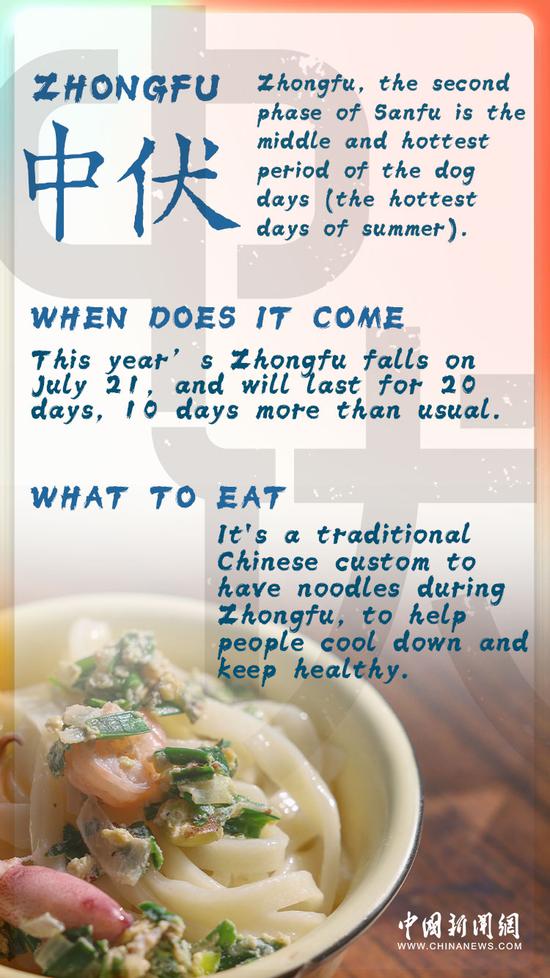






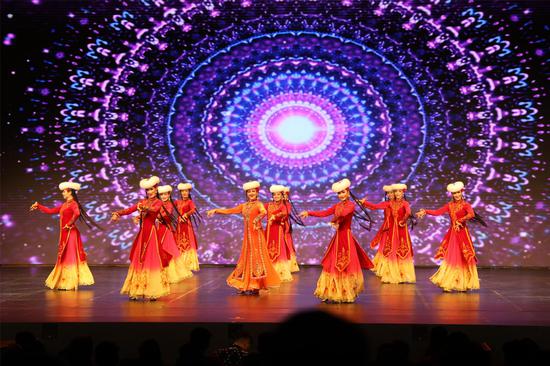









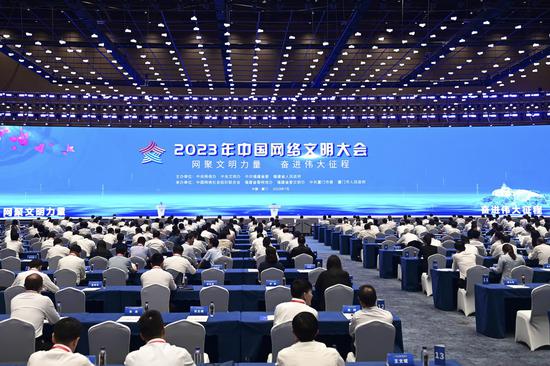


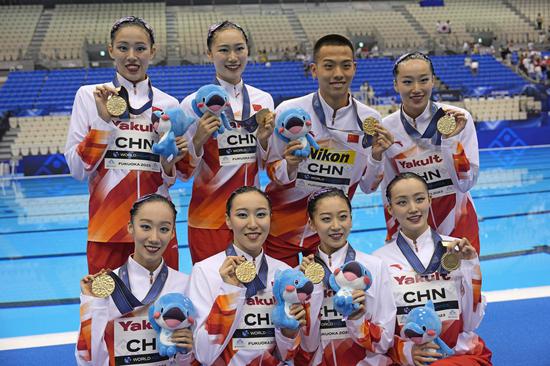














 京公网安备 11010202009201号
京公网安备 11010202009201号